The rabbit, dead, watches the sky. It tucks its ears behind its legs. It’s fur tufts like a rocky edge. It is watching, wide eyed after the rain. Soon the father will come and dig a hole where the dead shrub left the earth pinched up and swollen. He shovels the small body, turns her head to watch the trees as they clap their hands in the mid-January breeze. She thinks they are suggesting it isn’t an end, that she shouldn’t worry about leaving this place, but she’s unsure. The dirt that he uses is crawling away with maggots, inching in every direction like when dark flees light. She too wants to run, extends her legs, bounces into shadows and across pavement, into lamplight, beyond the surveillance doorbells and lamp-posts buzzing at midnight, into hills, into the thousand armed alleys and blinding eyed compassionate flood-lamps. He remembers what the Lama says, that the bodhisattvas, close to death, wish for their bodies to have one last use, to be fed to the wild animals.’
Their eyes are watching him, licking their snouts and snapping their beaks in a mantra that rolls across the fresh grave where he’s placed a piece of chipped cement as a headstone. They count the nights off like mala rounds until they dig up the soil and divide the body into the smallest parts, taking each one with them into the corners of the four directions and the three times. The rabbit, now dreaming of skies, watches from above, sees her head turned, removed, like a fallen petal, wishes for bodies, her dream, like thought,
pops like a bubble.
poem 2
The Great Fence
A great fire burns up the sky and the clouds line off like posts stretching out along a great fence in the blurred horizon.
The mother duck has buried her eggs, has put away her childish things and retreated into the circular hedges at the edge of the pool. When stared at she does not move. She is silent. The father visits but can not commit. Is seen as a shadow over the water, an apparition tangled in the slight waves that bounce his ever-fading body into the cotton folds of clouds.
The dead tree picks off its skin. Numbers time with cracks. Watches over the rush of circulated water. A cloud-post lingers above, points down and up, spaces itself in a way to remind the world that it is both limitless and bound, that two truths and their opposites are often the case. The black soil is spread like seed over the kicked up rocks. Nothing grows.
The mother duck has lost her patience, has left the lame duckling in the pool darting back and forth like a water bug. The father catches it with a net, rushes it towards the spooled out line of sunshine walking it’s way down the alley. They march on just like the days, their brightness elongated under the cloudless sky, their yellow like a fenceless field, their sight turned towards oncoming traffic.
*

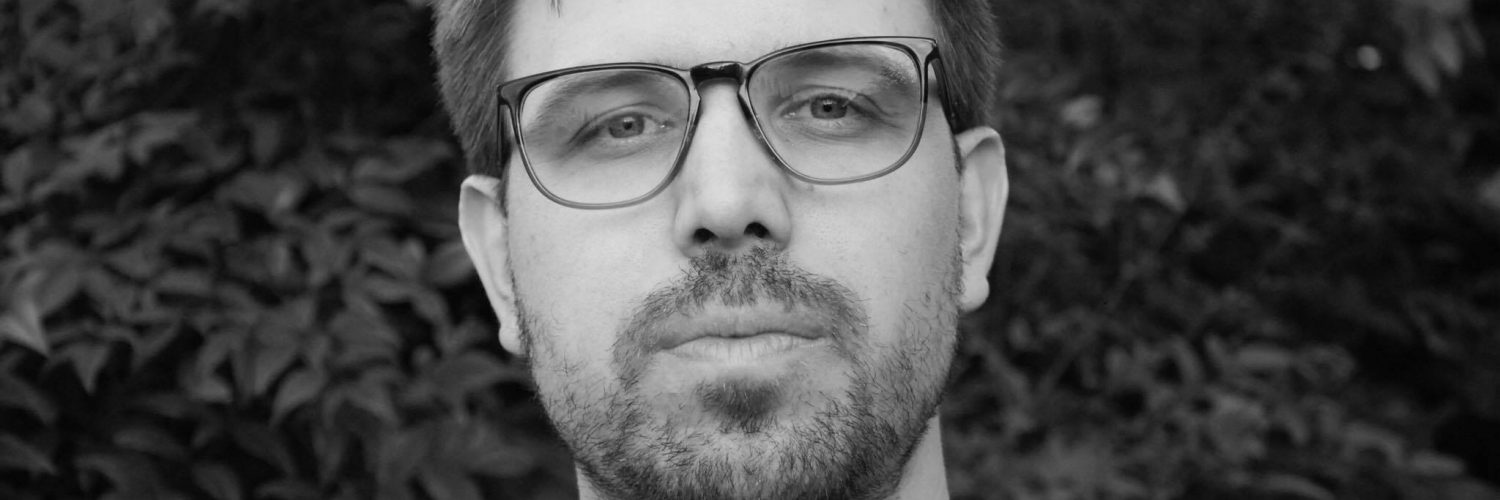

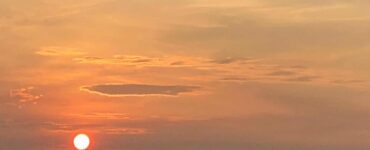
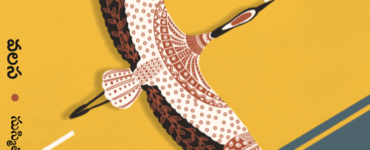
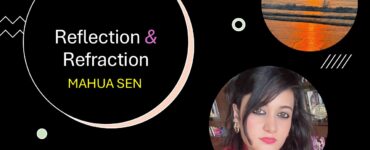
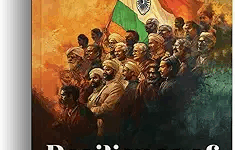
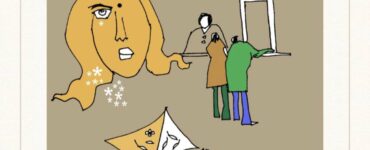
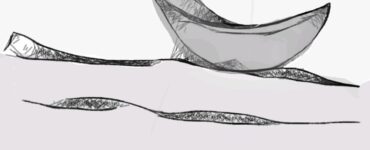
Add comment